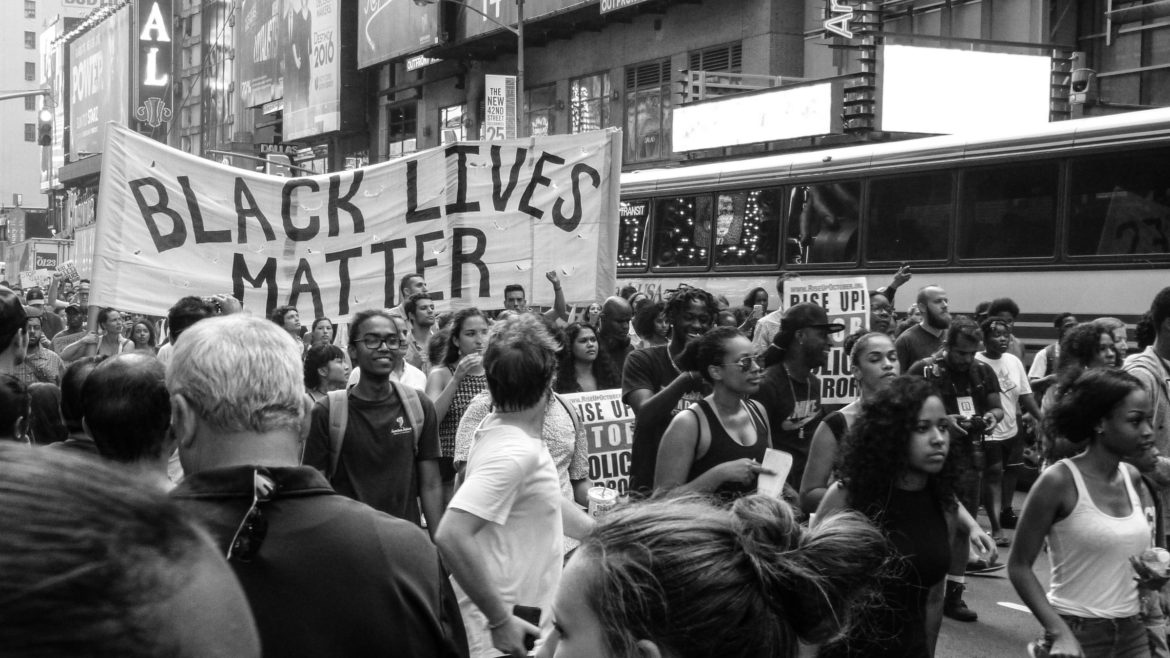During the resurgence of the Black Lives Matter in 2020, the overwhelming grief and outrage which followed the tragic murders of George Floyd, Ahmaud Arbery, Breonna Taylor and many others parallels the murder of Emmett Till 66 years ago, which has finally been declared closed by the Department of Justice with no convictions. To those unfamiliar with this case, Emmett Till, who was 14 in 1955, was kidnapped and murdered. The circumstances surrounding this lynching started on August 28th, 1955 when Till was visiting his cousins in Money, Mississippi. On that day they decided to visit Bryant’s country store. Carolyn Bryant accused Till of “grabbing her, making lewd advances…and wolf whistling” at her, which Bryant subsequently admitted to have falsified the event. Later that night, Till was kidnapped by Carolyn’s husband and his half-brother with both Till’s cousins Wheeler Parker and Simeon Wright witnessing it. Three days later, Till’s body was discovered in the Tallahatchie river, completely unrecognisable as he had been beaten so badly. Despite Till’s murderers confessing to kidnapping with multiple witnesses to back it up, the two suspects were acquitted of wrongdoing by an all-white male jury. At this time, it was illegal for Black people or for women to serve on jury duty. Though the suspects were found ‘not guilty’ in around an hour of jury deliberation, the defendants sold their story to Look Magazine for approximately $3000 to $4000 admitting their guilt and recanting their story freely due to the lack of consequences.
Till’s mother, Mamie Till-Mobley has been pivotal in making sure that Till’s story does not get swept under the rug by insisting on an open casket funeral, and making his autopsy images published in Jet Magazine, a Black American publication, to allow the wider American audience to understand the horrific nature of this racially motivated crime. While it may be difficult to see and read about the gruesome, inhumane torture that Till endured, it was his mother’s wish for people to witness what humans are capable of inflicting on one another under White supremacist and racist beliefs. The reason that this case made such an impact for the civil rights movement was because it viscerally exposed the extent of racial hatred manifesting from an unconfirmed wink or whistle; especially the level of brutality taken out on a young boy.
66 years later, Till’s family have still not received any form of official justice and Carolyn Bryant Donham stands as the only survivor who was present during this crime. This case sparked a resurgence in interest in 2017 when author Timothy Tyson, who was doing research for his book “The Blood of Emmett Till” in 2007, located a then 72 year old Bryant who admitted to him that her incendiary claims about Till harassing her were untrue. Although she made this testimony outside of the jury’s presence, the claims that Till had physically and verbally threatened her were put in the official record. Specifically Bryant was quoted by Tyson saying that “Nothing that boy did could ever justify what happened to him” and that she felt “tender sorrow” following the case’s notoriety. As of writing this article in December 2021, Carolyn Bryant Donham is 87 years old and has never spoken publicly about Emmett Till since Tyson’s interview.
As of 6th December 2021, the US department of justice (DOJ) have announced that Till’s case has been officially closed with no charges being brought against the still surviving Carolyn Bryant Donham. Tyson’s research about Bryant Donham lying under oath about her testimony has been contested by Carolyn’s family as false, leading to another case of inaction in the pursuit of justice for Emmett Till. Till’s family has expressed how extremely disappointing this news is as they have already witnessed the 2004 and 2007 inquiries related to the case where both federal and state levels have been both unable to bring forth charges due to the statute of limitations and their refusal to indict anyone respectively. Because the legal process has proven to be an institutional failure, it is necessary to raise awareness about this case to bring justice for Till and his family. While it can be easy to be complacent with the progress made since Till’s case during Jim Crow segregation, it is important to not assume that equality has been achieved by any sufficient capacity. Black lynchings, murders, and racism are still ingrained in our society and several decades is certainly not enough time to reckon with the atrocities of our past. A large part of the policy relating to Till’s case must take account of America’s racist and violent history of lynchings. Future bills must recognise and formally denounce these actions as unconstitutional hate crimes. As news broke about the closing of the case at the federal level, Till’s family including cousin Deborah Watts is still committed to Till’s cause. Watts co-founded the Louis Till Legacy Foundation and has pivoted their focus towards the State of Mississippi to enact anti-lynching laws. On a larger scale, the Mamie Till Mobley Foundation and Lawyer’s Committee for Civil Rights Under Law is monitoring and advocating for the Emmett Till Anti-Lynching Act to be passed and for the Senate to formally declare lynching a federal hate crime.
Edited by Olivia Shan

Sokhema Sreang is in her last year at McGill University and she is pursuing a major in International Development and a minor in Sociology. She has joined Catalyst as a staff writer and is particularly interested in the politics of developing countries, social protection and social change.

